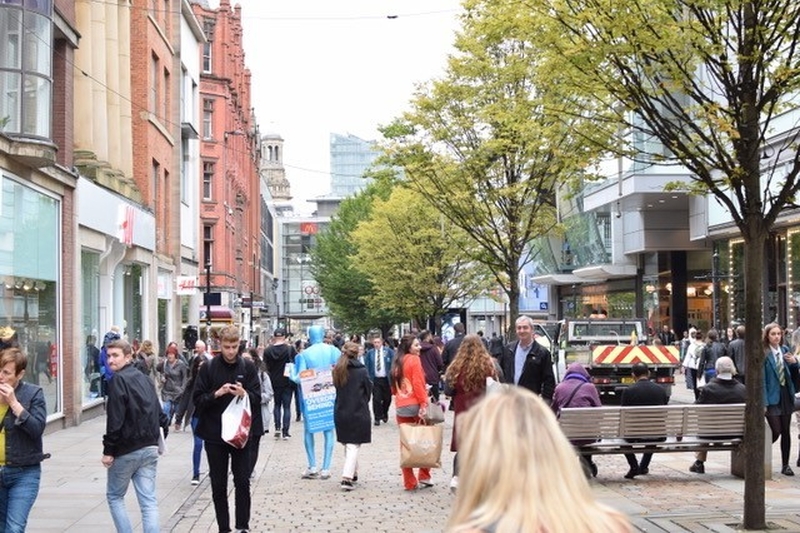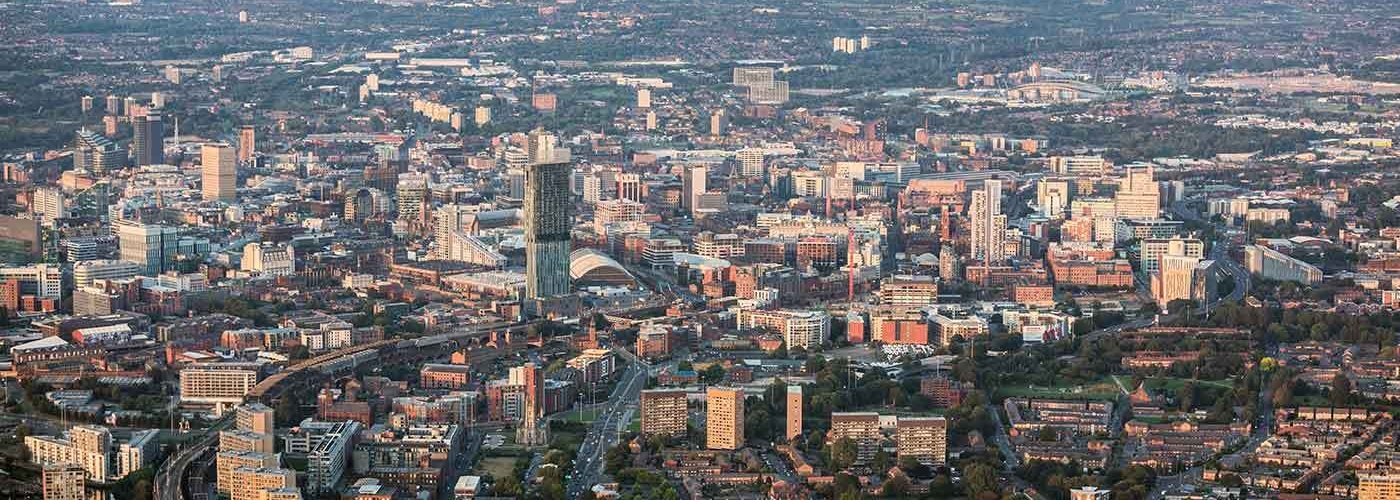In 2018, Manchester will reverse a thirty year decline - but not everything is perfect
2018 has begun, and this year Manchester will pass a regeneration milestone. It won’t be a skyscraper, or a housing estate or some fancy new restaurant. We won’t even know for sure the exact day it happens. But one day this year, Manchester will have successfully reversed the thirty year decline in its population, from 1971 to the end of the century.
A quick explanation. In the early seventies, as the shift towards what would eventually become Greater Manchester (or SELNEC as it was briefly to be named) began, the local authority did its own Mid-Year Estimate (MYE) of the population of the city. It estimated we had 553,600 Mancunians. In 1972 this fell by 14,000 people, and it kept falling, year after year. Deindustrialisation, the shift to suburbia, greater car ownership, a whole wealth of factors contributed to this. But what it meant was that every year there were fewer of us. This continued until 2000, and then promptly, and rapidly, reversed.
The inflexion point is stark. Every year up to the millennium the city stagnated or declined, every year after it’s increased, on average by about 8,000 people a year.
Whether it was the investment of the last Labour government, the boom in higher education numbers that drew thousands of bright young people to our city, or the culture of openness and tolerance that meant anyone, from anywhere, could come here and be accepted. Whatever and whomever you thank, our city has avoided the fate of towns across the North of England who continue in decline. Indeed the North of England as a whole has fallen in population share to a level last seen before the Industrial Revolution had finished.

And so, with the 2016 MYE putting the city at 541,300 last year, and assuming the same rate of growth as we’ve had the rest of this century, in spring this year we will have quietly achieved what many thought the city never could.
This is not of course to say everything is perfect. A surging population has contributed to the housing crisis which envelopes our city, along with much of Britain. Green space jostles with calls for new schools to meet the baby boom, and crowded public transport, run without a plan by private companies, fails to meet the shift in demand. These are hard issues we must face up to.
But they are, crucially, better problems than the alternative: a shrinking population. Decline is comfy, but we are Manchester, the city of the Chartists and the Factory, of Freddy Engels and Alan Turing, of City and United.
And as the first great Northern city to come out of the decline, we’ve got to decide what we do next, because there isn’t a blueprint to follow. The story of the last fifty years of our city has been of decline and resurgence. Now we have to plan for the next fifty. Luckily, there’s plenty of us here to work it out.
Sam Wheeler
Sam Wheeler is a Manchester native, a Labour Party and trade union activist of over a decade, and has been selected as a Labour candidate for the new Piccadilly Ward at May’s local elections.
Other articles:















